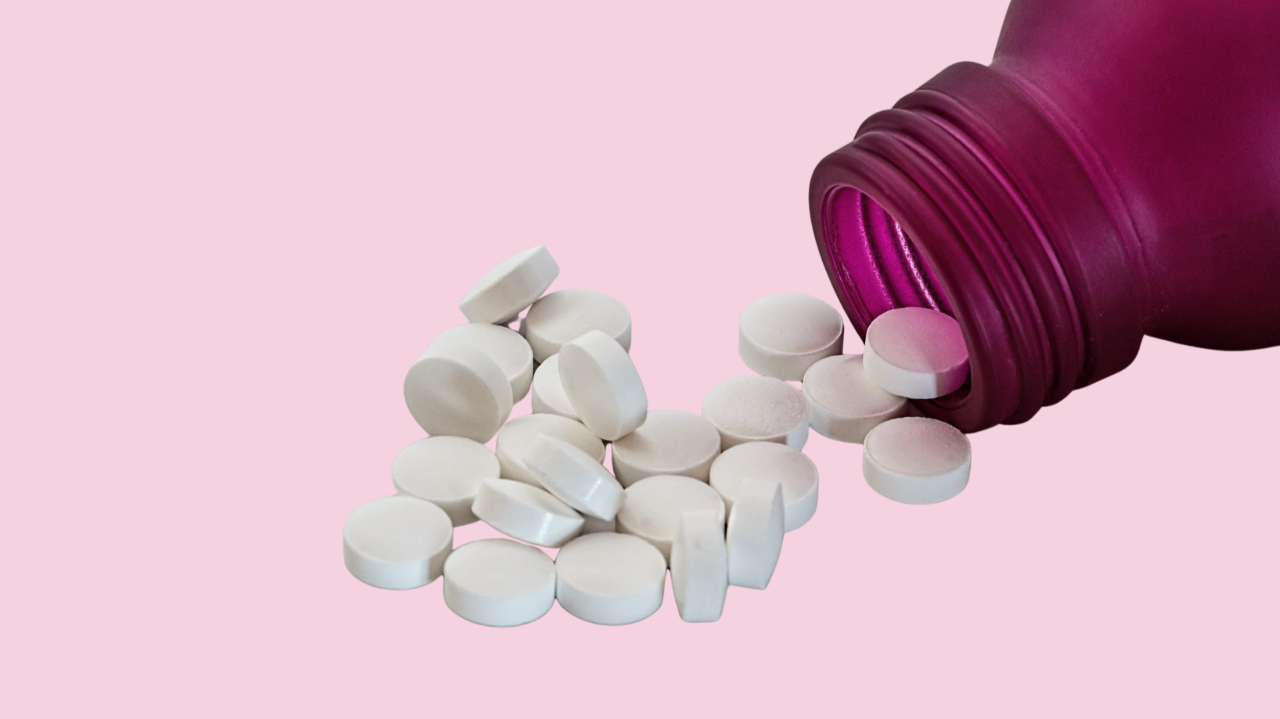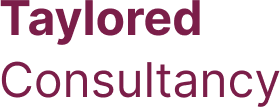In a world where more and more people are struggling to sleep, melatonin-based supplements have quickly become a go-to solution. They’re everywhere, from TikTok trends to travel kits, and often marketed as a natural, side-effect-free fix for everything from jet lag to insomnia.
But here’s the problem: not all sleep supplements are created equal, and in many cases, they’re not as well-regulated as they should be.
What Is Melatonin and Why Do We Need to Be Careful?
Melatonin is a hormone your body naturally produces in response to darkness. It helps regulate your sleep-wake cycle. Melatonin supplements are synthetic versions, which are sometimes sold as supplements, medicines or over the counter
While melatonin is generally considered safe for short-term use, it’s still a hormone, and that means there are risks when it's misused, mislabeled, or taken in excessive doses.
The real concern? Inconsistencies in dosage, purity, and labelling. In some markets, melatonin supplements can contain much higher doses than necessary, include undeclared ingredients, or make unsubstantiated claims like “cures insomnia” or “replaces sleep medication.” These aren’t just marketing missteps, they’re potential safety issues.
Why Regulation Matters
In the UK, melatonin is actually classed as a medicine to treat insomnia or other sleep disorders, which means it can’t be sold as a food supplement. Despite this, some products still appear on shelves or online platforms without proper classification.
This is where regulation becomes essential; not to block innovation, but to protect consumers. It ensures:
- The dosage is appropriate
- Claims are accurate and legal
- The product is safe, stable, and clearly labelled
- It’s manufactured in a compliant facility with quality controls in place
Without regulation, consumers are left guessing, and that’s a problem when it comes to hormones, especially for children, people on medication, or those with underlying health conditions.
How to Choose a Sleep Supplement Safely
If you’re considering using a melatonin or sleep aid supplement, here’s what to look for:
1. Check the label thoroughly. Look for products that clearly state the active ingredients, dosage per serving, and usage instructions. Avoid anything vague or overly hyped.
2. Be wary of big promises. If the product claims to “cure insomnia” or act as a direct replacement for prescription medication, steer clear. That’s not allowed, and if they’re cutting corners on claims, they might be cutting corners elsewhere too.
3. Look for evidence. Is the product supported by clinical research, and does the brand provide access to testing or certification? Transparency is key.
4. Know your market. In the UK and EU, melatonin is regulated as a medicine. If it’s being sold as a food supplement, its not compliant, legal, or safe.
Sleep aids like melatonin can be genuinely helpful, but only when used safely and responsibly. The line between food supplement and medicine is thin, and without proper regulation, it’s easy for brands (and consumers) to get it wrong.
If you're a business thinking about launching a sleep aid, or a consumer wanting to make an informed choice, get advice.


 By admin
By admin
.svg) Apr 25, 2025
Apr 25, 2025







